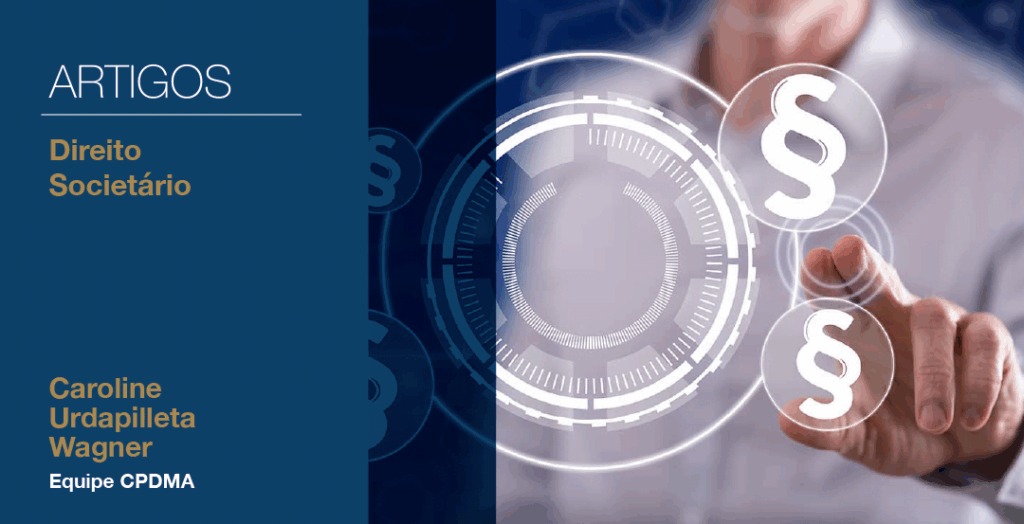
A evolução tecnológica trouxe mudanças significativas em todos os aspectos da sociedade, e o Direito não ficou de fora dessa realidade. No campo do Direito Societário, uma inovação que merece destaque é a utilização dos livros societários digitais: uma nova forma de registro, armazenamento e gerenciamento de informações corporativas e atos societários, como as atas de assembleias gerais ordinária e extraordinária.
Isto é, os livros societários mantidos em formato físico, que traziam consigo uma série de desafios, como extravios, rasuras, dificuldades de consulta, necessidade de um espaço físico adequado para armazenamento, entre outros aspectos, deram espaço para uma alternativa moderna e eficiente como os livros societários digitais, que visam:
- a redução de custos das sociedades e a sustentabilidade, com a eliminação da necessidade de impressão, encadernação e armazenamento físico;
- o acesso rápido e remoto dos livros, facilitando a consulta por parte dos sócios, administradores e Juntas Comerciais; a
- integridade e autenticidade dos documentos, com a implementação de medidas de segurança adequadas para garantir a validade jurídica dos registros, como certificados digitais e assinaturas eletrônicas; e
- a organização, centralização de informações e facilidade de consulta, com a possibilidade de organização das informações de forma estruturada em um único local, facilitando a pesquisa por atos ou documentos específicos.
A utilização dos livros societários digitais encontra respaldo legal na Lei de Ambiente de Negócios (Lei n.º 14.195/2021), que autorizou a digitalização e a utilização de sistemas eletrônicos para guarda, registro e controle de livros societários e contábeis das empresas no Brasil; nas Instruções Normativas n.º 82/2021 e n.º 79/2022 do Departamento Nacional de Registro Empresarial e Integração (DREI), que tornaram obrigatório os livros societários em formato digital, bem como na Lei das Sociedades por Ações (Lei n.º 6.404/76) e na Lei das Sociedades Cooperativas (Lei n.º 5.764/71), que dispõem quais são os livros obrigatórios para tipo de sociedade.
Conforme o artigo 100 da Lei nº 6.404/76, a companhia deve ter, além dos livros obrigatórios para qualquer comerciante, os seguintes Livros Societários, agora digitais: (I) Livros de Registro de Ações Nominativas; (II) Livros de Transferência de Ações Nominativas; (III) Livro de Registro de Partes Beneficiárias Nominativas e Transferência de Partes Beneficiárias Nominativas, se aplicável; (IV) Livros de Atas das Assembleias Gerais; (V) Livros de Presença de Acionistas; (VI) Livros de Atas de Reuniões do Conselho de Administração e Atas das Reuniões de Diretoria; e (VII) Livro de Atas e Pareceres do Conselho Fiscal.
Ressalta-se, por fim, que o processo de implementação dos livros societários digitais incluem algumas etapas, como a criação do documento societário, seja ata de assembleia ou termos de transferência de ações, por exemplo; o envio para assinatura eletrônica dos representantes legais; a utilização de um software para unificação do arquivo no formato PDF/A e no tamanho máximo permitido; a autenticação do livro na Junta Comercial respectiva, mediante prévio pagamento da guia de arrecadação; e o armazenamento do livro registrado, considerando que as Juntas Comerciais não os armazenam após o registro.
Por: Caroline Urdapilleta Wagner